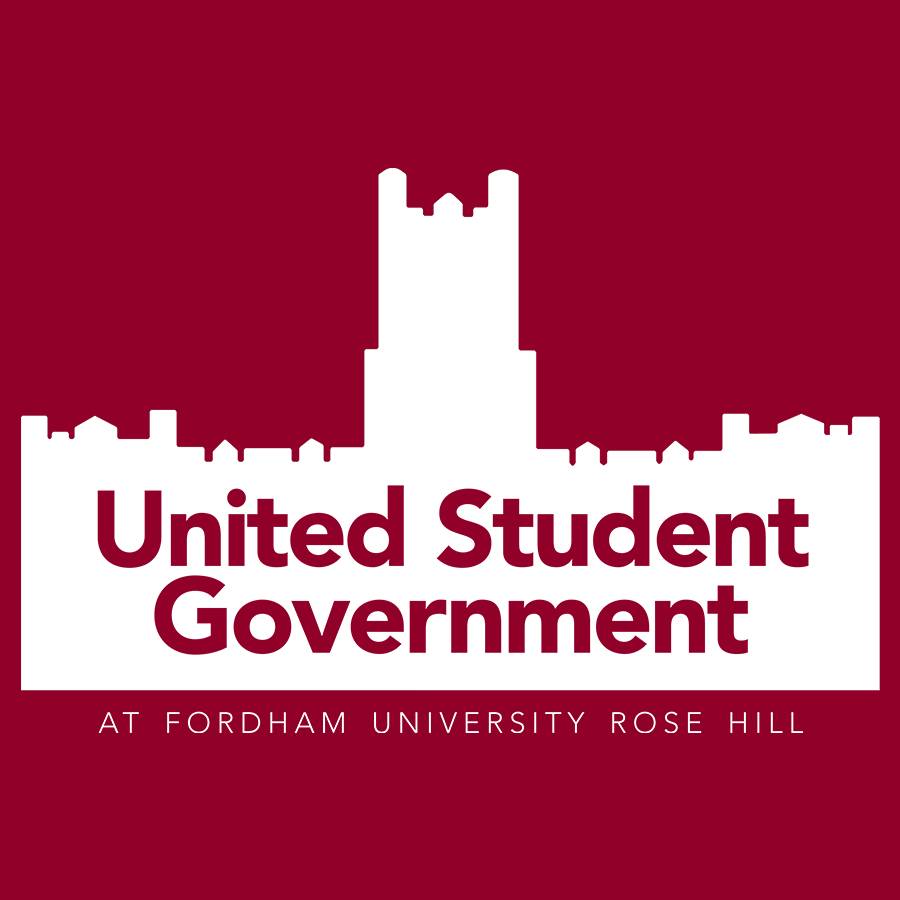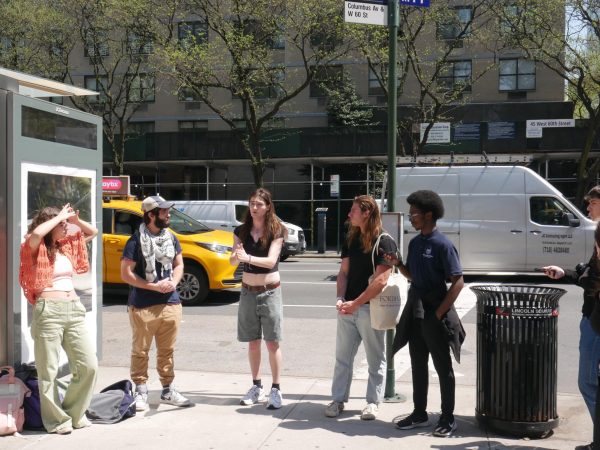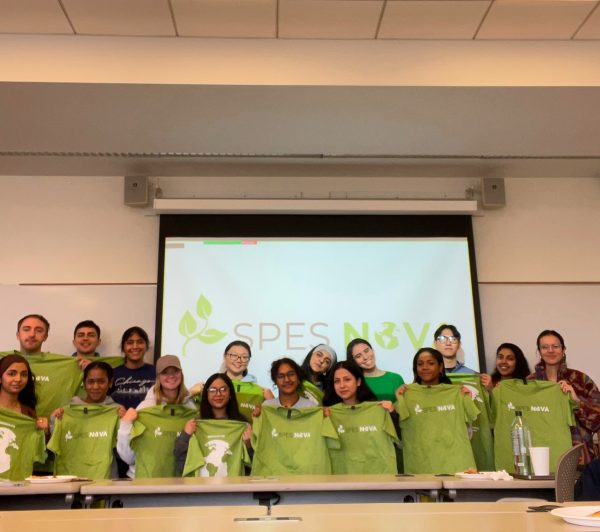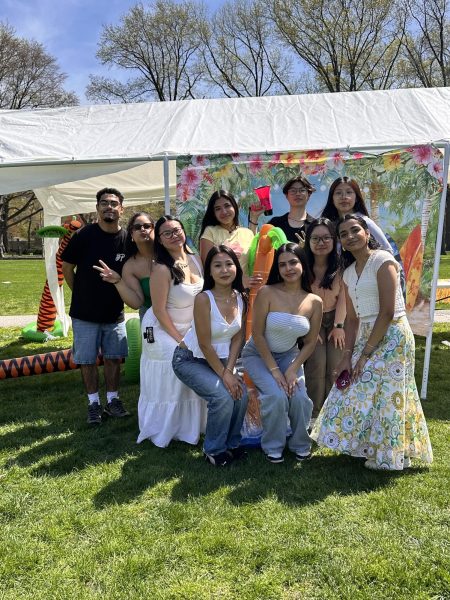USG Freshman Elections
The fall semester at Fordham University marks the beginning of another year of advocacy by the United Student Government (USG). This past Friday and Saturday, USG completed its elections for the class of 2025; the most significant first-year class in Fordham history. The election yielded five new senators, with three from Fordham College at Rose Hill (FCRH) and two from the Gabelli School of Business (GSB).
On Saturday, Sept. 25, USG announced that Andy Diaz, Zachary Jones, Ella Briggs, Carley Walker and Jack Glynn will represent the class of 2025 this academic year. Elections for USG senators representing upperclassmen were held at the end of the spring semester.
This year’s election was extremely successful. Candidates worked to make their names and plans of action widely known to the entire student body using marketing strategies such as posters spread throughout campus and a heavy social media presence. According to Arianna Chen, FCRH ’22, executive vice president of USG, “The election process is … a great opportunity for the candidates to not only meet new people, but also for USG to gather a sense of how the class is feeling going into this unique school year,”. Chen said she is excited to be able to work with “such a talented and passionate group of representatives” this year and hopes that together they can work to “take action and initiative on student policy and programming to better the entire community.”
Newly-elected Senator Andy Diaz, FCRH ’25, is an honors student intending to major in communications and political science. As a USG senator, Diaz said he hopes to work to include a wide variety of amenities and accommodations for resident and commuter students, as well as work to improve several other aspects of campus life and extracurricular opportunities.
Zachary Jones, FCRH ’25, said he plans to work to revise the university’s contraceptive policy, work to make the campus community more diverse and inclusive for all, improve the quality of student life here at Rose Hill and strengthen the university-community relationship.
Ella Briggs, FCRH ’25, intends to major in political science and history on the pre-law track. Briggs said their plan as a class senator is to “focus on initiatives that change several of the school’s policies and implement new ones so that Fordham distributes free condoms, menstrual products, and drink covers to any student that may need them” in order to promote a safer campus environment.
Carley Walker, GSB ’25, said she wants to major in business administration with a focus in marketing. As a senator, Walker hopes to focus on topics such as improved dining accommodations and resources, encourage greater engagement with the surrounding Bronx community and promote mental health awareness across campus.
Jack Glynn, GSB ’25, said he hopes to improve residence hall accommodations, such as water fountains and ice machines for residents, as well as promote more environmentally-friendly practices across campus.
To learn more about the newly elected representatives and their respective agendas, readers can visit the USG website.
In addition to the newly-elected first year students, USG is made up of the executive ticket, which includes President Thomas Reuter, FCRH ’22, and Vice President Arianna Chen, FCRH ’22, the executive board, which consists of committee representatives and the senate which is composed of five senator student leaders from each grade. These senators work on personal initiatives as well as serve as representatives for their respective classes.
With all of their regular positions now full, Chen said USG is excited to begin taking action on both personal and more wide-ranging goals, specifically focusing on the “reintegration of the university community this transitional year, strengthening kinship on campus through mentorship and DEI initiatives and community engagement with the Bronx.” As always, all members of the Fordham community can contribute to USG by joining a wide range of committees or by attending a senate meeting, which are open to the public, explained Chen.











































































































































































































